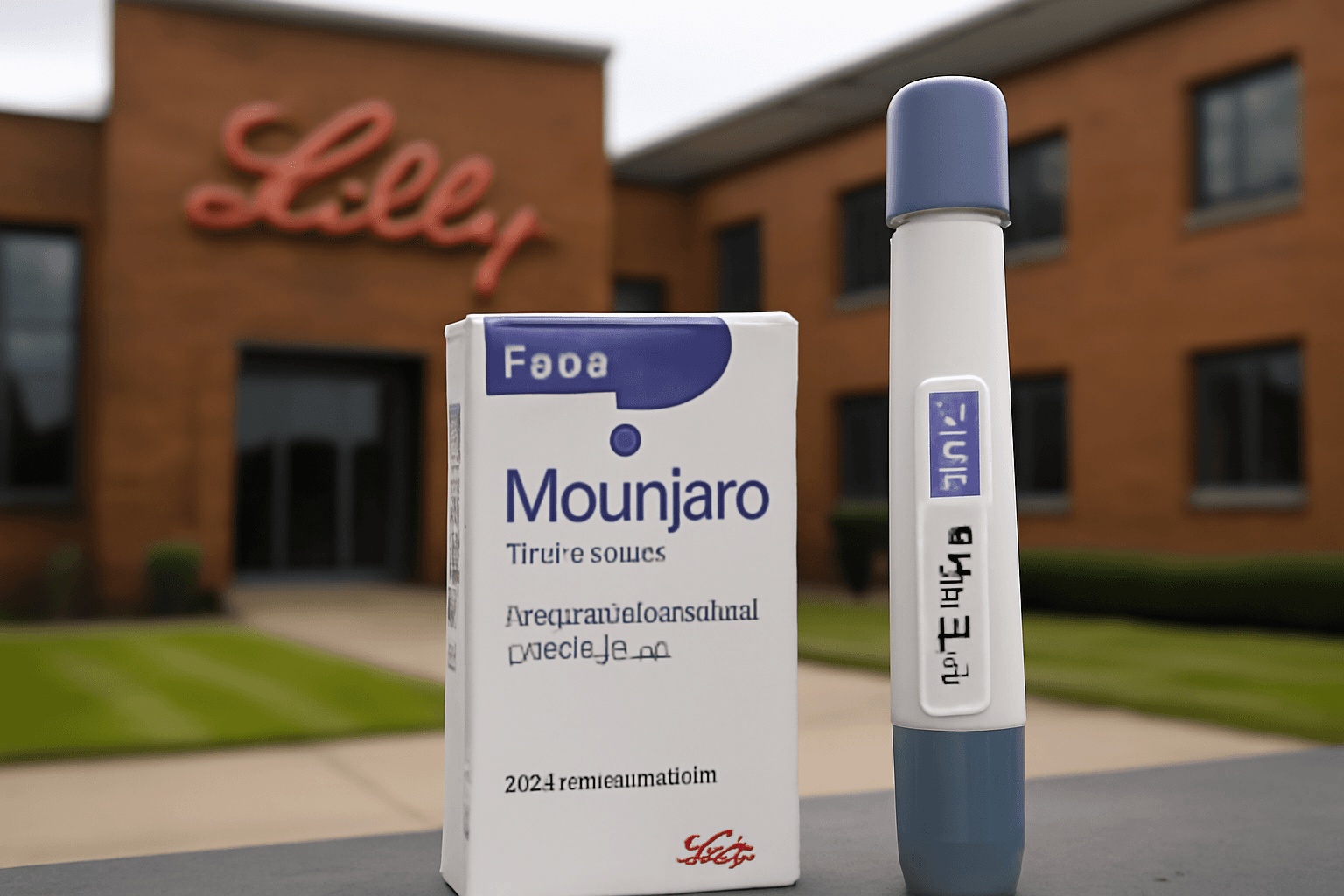The Rise and Fall of Constance Marten: A Tale of Privilege, Trauma, and Tragedy
Constance Marten’s life story reads like a harrowing novel that unfolds from the gilded halls of aristocracy to the grim shadows of the criminal justice system. Once heralded in Tatler as a radiant socialite, Marten’s trajectory spiraled into tragedy amidst a backdrop of personal turmoil, abusive relationships, and catastrophic decisions. Most recently, she was sentenced for gross negligence manslaughter following the death of her infant daughter after a prolonged period on the run with her partner, Mark Gordon.
Born into Privilege: The Early Years at Crichel House
Constance Dorothea Marten was born in 1987 into a family steeped in nobility and close connections to British royalty. Her paternal grandmother was a goddaughter to the Queen Mother and personal friend to Princess Margaret, while her grandfather served as a page to Queen Elizabeth II. The family estate, Crichel House in Dorset, was more akin to a princely residence than a typical country manor, sprawling across 5,000 acres with multiple villages under its care.
Marten’s childhood was idyllic in many ways—rural expanses where the siblings enjoyed carefree days, despite the eventual fracture caused by her father’s sudden departure in 1996. Her father's abrupt exit, citing mental health struggles, shook the family and marked a defining rupture in Marten's development.
School Life and Early Rebellion
Educated at respected institutions, including St Mary’s boarding school, Marten's personality was marked by a blend of warmth, charm, and a streak of rebellion. Incidents like wearing joke spectacles to a school photo revealed a playful defiance against strict Roman Catholic discipline. Yet beneath the surface, Marten grappled with narcolepsy and emotional upheaval tied partly to her fractured family background.
The Dark Influence of TB Joshua and a Life-altering Return from Nigeria
In her late teens, Marten became involved with the controversial Nigerian pastor TB Joshua, an association that profoundly affected her mental health. Selected to remain in Lagos to work with Joshua’s ministry, Marten endured harsh treatment and public humiliation common among Western disciples in the Synagogue Church of All Nations. Her eventual escape back to Britain was fraught with trauma and left psychological scars echoed in friends’ appraisals of a woman changed forever by her ordeal.
Pursuit of Journalism and a Fragmented Adult Life
Returning to Britain, Marten pursued Arabic and Middle Eastern studies at Leeds University, reflecting a thirst for engagement with global affairs. Yet despite early promise—including documenting the Arab Spring protests in Cairo—her ambitions in journalism faltered amid inconsistent work habits and personal vulnerabilities.
Subsequent ventures included attempts at freelance photojournalism, modeling, and studying drama, but a stable career remained elusive. Friends describe her as warm and approachable but plagued by unreliability and deeper psychological struggles.
The Complex Figure of Mark Gordon: Partner and Convicted Offender
Mark Gordon, Marten’s partner, presented a starkly contrasting background. Born to a single mother in London and raised in Birmingham and later the US, Gordon’s early life was marred by criminal acts, including violent sexual assaults committed as a teenager in Florida, for which he served a lengthy prison sentence.
Released on parole and deported to the UK, Gordon’s past remained a secret to Marten’s family when the couple met in East London in 2016. Their relationship flourished, with Marten introducing him to her aristocratic circle—although family members remained wary and disapproving.
Isolation, Nomadic Lifestyle, and Tragedy Unfold
Following their union, Marten and Gordon increasingly adopted a transient, off-grid existence, moving from campervans and tents to decrepit rented houses, often evading social services and the authorities. This lifestyle, coupled with their inexperience and detachment from conventional family support structures, culminated in the heartbreaking neglect that led to their daughter’s death in 2023.
Across multiple births in secret and secretive living arrangements, social services raised alarms, culminating in court interventions that removed all children from their care in early 2022. Despite these signals, Marten and Gordon persisted in their isolation until tragedy struck with their youngest child.
The Legal Aftermath and Reflections
In 2024, after a protracted trial at the Old Bailey marked by delays and attempts to derail proceedings, both Marten and Gordon were convicted of gross negligence manslaughter. The case threw into sharp relief complex societal issues—from the failure of support systems for vulnerable parents to the challenges in reconciling privilege with personal responsibility.
Experts suggest that Marten’s life highlights the intersections of mental health crises, traumatic past experiences, and inadequate intervention frameworks that collectively can erode even the most promising beginnings. Her family’s willingness to continue support, particularly for intensive psychiatric care, underscores an understanding that justice is only part of the equation.
Expert Commentary and Broader Implications
This tragic case prompts critical reflection on several fronts. Firstly, the failure of social welfare and legal systems to effectively intervene before irreversible harm occurs demands scrutiny. Is there a gap in how privileged yet isolated families may fall through these nets?
Secondly, the intersection of mental health, substance abuse (including hallucinogenic retreats), and violent or neglectful behavior raises questions about access to therapeutic services tailored to complex backgrounds.
Lastly, the media’s focus on sensational aspects often overshadows deeper societal debates about child welfare, rehabilitation of offenders, and the role of family dynamics in safeguarding vulnerable children.
Editor’s Note
The life and downfall of Constance Marten serve as a sobering reminder that privilege does not inoculate one from trauma or tragedy. Marten’s journey—from aristocratic heir to convicted criminal—exposes painful truths about the fragility of mental health, the consequences of unchecked isolation, and systemic shortcomings in child protection. Readers are encouraged to consider how society might better support vulnerable families, irrespective of social standing, and to reflect on the broader human stories often lost behind headlines.



















